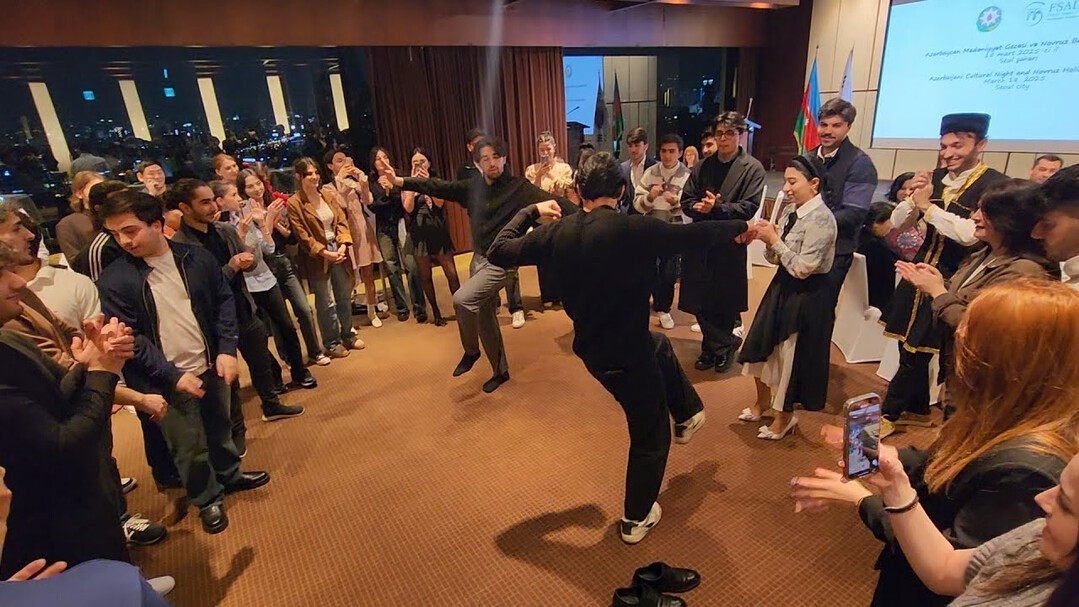
Seoul recently became the vibrant stage for the "Novruz Cultural Night & Holiday Event," a celebration that highlighted the rich traditions of Azerbaijan and its Central Asian neighbors. Organized by the Embassy of Azerbaijan in South Korea and the Azerbaijan Diaspora Support Fund, the event drew a diverse audience, including members of the Azerbaijani community and the Diplomatic Corps.
The evening was graced by the presence of prominent diplomats, including Uzbek Ambassador Alisher Abdusalomov, Tajik Ambassador Kirom Salohiddin Amriddinzoda, Turkish Ambassador Murat Tamer, Turkmen Ambassador Begench Durdyyev, and Kyrgyz Ambassador Aida Ismailova. These nations, sharing deep-rooted Novruz traditions, came together to celebrate the arrival of spring and the renewal of life.
Azerbaijan's Ambassador to South Korea, Ramin Hasanov, opened the event with a powerful message about Novruz's global significance. "For millennia, nearly half a billion people across the Caucasus, the Balkans, Central Asia, and the Middle East have celebrated Novruz," he stated, emphasizing its role in fostering peace, solidarity, and cultural dialogue.
The embassy highlighted Novruz's deep roots in Azerbaijani heritage, describing it as a cherished legacy passed down through generations. "The diverse customs and traditions of Novruz are a unique contribution to world culture and multiculturalism," a spokesperson noted. Ambassador Hasanov also acknowledged the crucial role of the Azerbaijani diaspora in promoting their culture, stating, "Our compatriots in Korea celebrate Novruz as a symbol of global Azerbaijani solidarity, demonstrating their strong connection to our homeland and the ideology of Azerbaijanism."
Novruz, marking the first day of spring, is aligned with the sun's annual movement. Historical records trace its origins back thousands of years, linking it to the era of Zoroaster and ancient Babylonian celebrations. Despite suppression during the Soviet era, Azerbaijani families secretly preserved their traditions, ensuring the holiday's survival.
The celebration is closely tied to nature's awakening, beginning a month prior with four symbolic Tuesdays: water, fire, earth, and wind, each representing a stage of renewal. The holiday is rich with ancient traditions, including Khidir Ilyas, symbolizing prosperity, and Kos-Kosa, a humorous folk play. Fortune-telling also adds a mystical element to the festivities.
This event in Seoul not only celebrated the vibrant traditions of Novruz but also served as a powerful reminder of the holiday's ability to bridge cultures and promote understanding, reinforcing the importance of shared heritage in an increasingly interconnected world.
[Copyright (c) Global Economic Times. All Rights Reserved.]




























